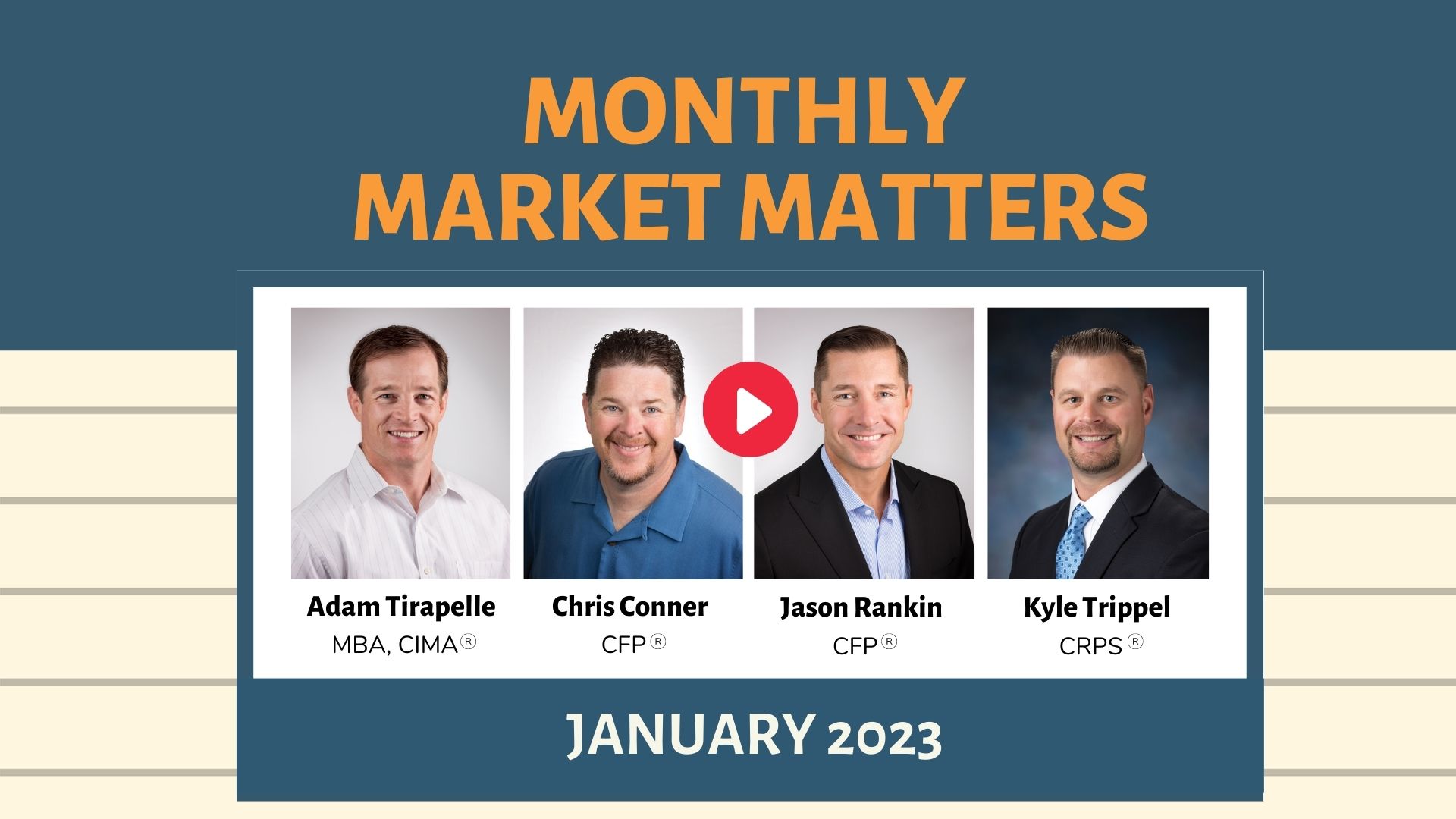You are now leaving the Strong Valley Wealth & Pension, LLC ("Strong Valley") website. By clicking on the "Schwab Alliance Access" link below you will be entering the Charles Schwab & Co., Inc. (“Schwab”) Website. Schwab is a registered broker-dealer, and is not affiliated with Strong Valley or any advisor(s) whose name(s) appears on this Website. Strong Valley is/are independently owned and operated. Schwab neither endorses nor recommends Strong Valley. Regardless of any referral or recommendation, Schwab does not endorse or recommend the investment strategy of any advisor. Schwab has agreements with Strong Valley under which Schwab provides Strong Valley with services related to your account. Schwab does not review the Strong Valley website(s), and makes no representation regarding the content of the Website(s). The information contained in the Strong Valley website should not be considered to be either a recommendation by Schwab or a solicitation of any offer to purchase or sell any securities.

Some investors are confident that they can time it perfectly and snap up equities when prices are low and shift into cash or bonds when the market hits its peak. But investors run a big risk by selling when they believe stocks have reached their peak. They may turn a profit when cashing in their equity holdings, but they could also miss out on some of the market’s best cycles. Being absent from the market for only a few of the days or weeks with the highest percentage gains can decimate a portfolio’s returns over time.

It is only natural that investors would want to find some way to sit out bear markets and get back just in time for the next bull run. The belief that you can foresee the direction of the stock market is a seductive one.
Some investors are confident that they can time it perfectly and snap up equities when prices are low and shift into cash or bonds when the market hits its peak. But investors run a big risk by selling when they believe stocks have reached their peak. They may turn a profit when cashing in their equity holdings, but they could also miss out on some of the market’s best cycles. Being absent from the market for only a few of the days or weeks with the highest percentage gains can decimate a portfolio’s returns over time.
Market timers who sell frequently also lose money to transaction costs and taxes and miss out to a large extent on the compounding effect that benefits investors who remain in the market consistently. Instead of trying to time the market, most investors are generally better off taking a buy-and-hold approach – but with the right investments.
Looking at the distribution of market gains coming off of the past 7 bear market cycles, we see that on average, 64% of the gains were captured in the first 6 months of year one. But that’s not to say that gains were absent in the next 6 months – the gains just slowed down.
| Bear Market Bottom | Gain in 1st Year of Rebound | Percent Gains, First 6 Months | Percent Gains, Last 6 Months |
|---|---|---|---|
| 1970 | 32% | 13% | 87% |
| 1974 | 38% | 90% | 10% |
| 1982 | 59% | 66% | 34% |
| 1987 | 23% | 80% | 20% |
| 1990 | 31% | 92% | 8% |
| 2002 | 32% | 31% | 69% |
| 2009 | 71% | 73% | 27% |
| 2020 | 47% | ? | ? |
| Average | 41% | 64% | 36% |
Source: S&P 500 total returns, Morningstar. Past performance does not guarantee future results. 2020 return period from March 23, 2020 through September 25, 2020
No one knows. But consider that coming off of the 2020 bear market bottom, the S&P 500 returned 47% from March 23rd to September 25th. Maybe in another six months we will look back and recognize that those first 6 months off of the 2020 bear market bottom captured 92% of the gains, just like what happened in 1990.
Or maybe we will realize that those first 6 months only captured 31% of the gains, like in 2002.
Trying to pinpoint the exact right time to invest in the stock market is an exercise in futility. If you have a longer period to invest, owning equities provides one of the most effective hedges against inflation and taxation available. Since it is impossible to know where the market might go from here, it makes sense to start investing now and continue investing on a regular basis, regardless of market conditions.
Remember: long-term investment success is achieved not by timing the market, but by time in the market.



